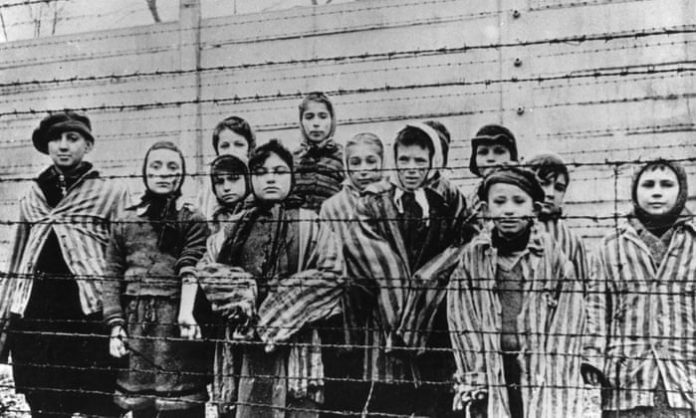The findings of researchers at Masaryk University’s Research Center for Neuroscience in the Czech Republic have found that the mental health of at least three generations of the same family could be affected. The researchers found that the relatives of concentration camp survivors had substantially less gray matter or neurons in the brain areas responsible for responding to stress, memory, motivation, emotion, learning, and behavior than a control group whose relatives had nothing to do with the Holocaust.
The study supports the theory of “epigenetic heritage” – the idea that environmental factors can affect the genes of your offspring. Ivan Rektor, a neuroscientist at Masaryk, said the early results showed a deterioration in children of the survivors: “After more than 70 years, the impact of surviving the Holocaust on brain function is significant.”
The findings were revealed last Sunday at the Fifth Congress of the European Academy of Neurology (EAN) — an umbrella body for neurology researchers and professionals across the continent. The study said:
“Surviving the Holocaust had a life-long psychological and biological effect with grey matter reduction affecting the parts of their brain responsible for stress response, memory, motivation, emotion, learning, and behaviour.”
While much of the brain and how it functions still remains a mystery, scientists have found that it is composed of grey and white matter, grey matter being the one that helps the brain process information and can be involved in functions ranging from muscle control to decision-making.
The tests were based on MRI scans of 56 people aged 79 and 80, half of whom survived the Nazi camps, and a control group with no personal or family experience of the Holocaust. It was discovered that there was a reduction in grey matter in regions associated with post-traumatic stress disorder in combat veterans and those with early trauma.
Professor Rektor said he hoped that the findings would enable therapy to be focused on supporting survivors and their descendants. The study also found that this trauma will likely affect their learning for generations, as well as stress response and emotion. Professor Rektor added:
“Our hope is that these findings and our ongoing research will allow us to understand more about the effect of these experiences in order to focus therapy to support survivors’ and their descendants’ resilience and growth.”










